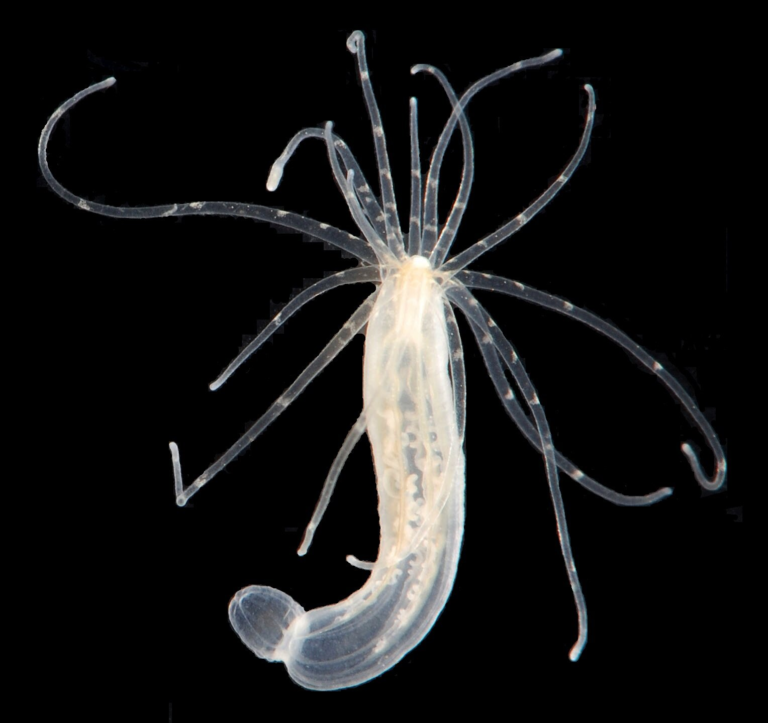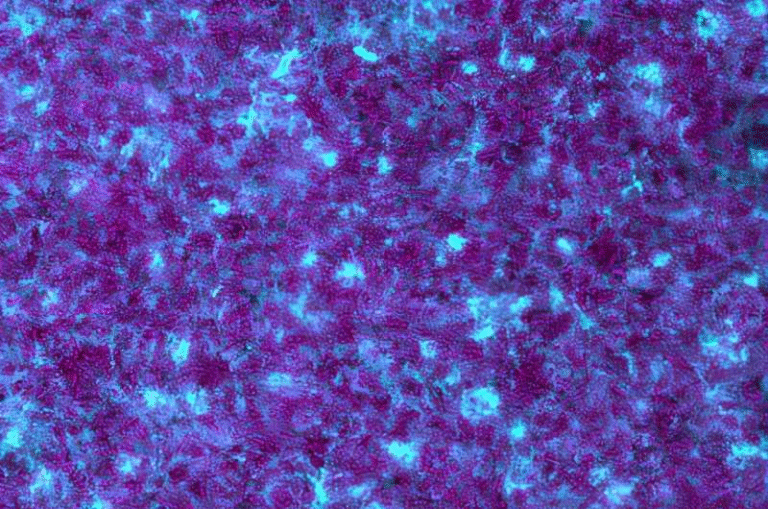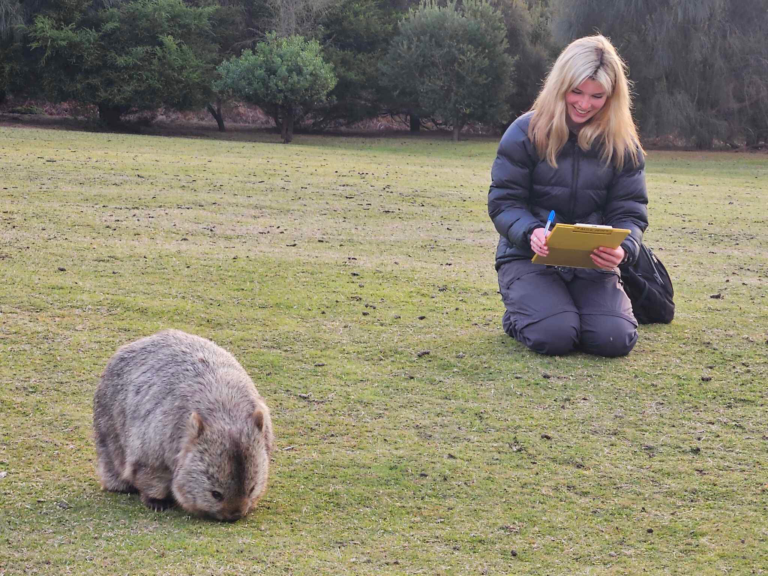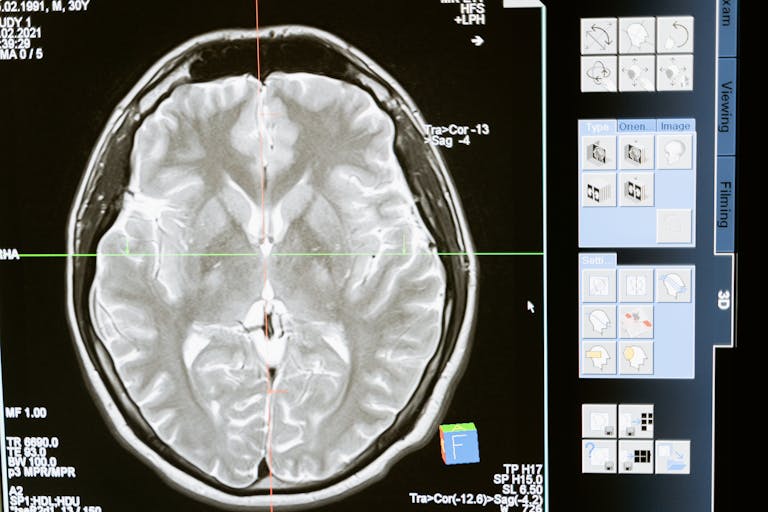Scientists Identify Menin Protein as a Key Driver of Aging – and Show How It Can Be Reversed in Mice
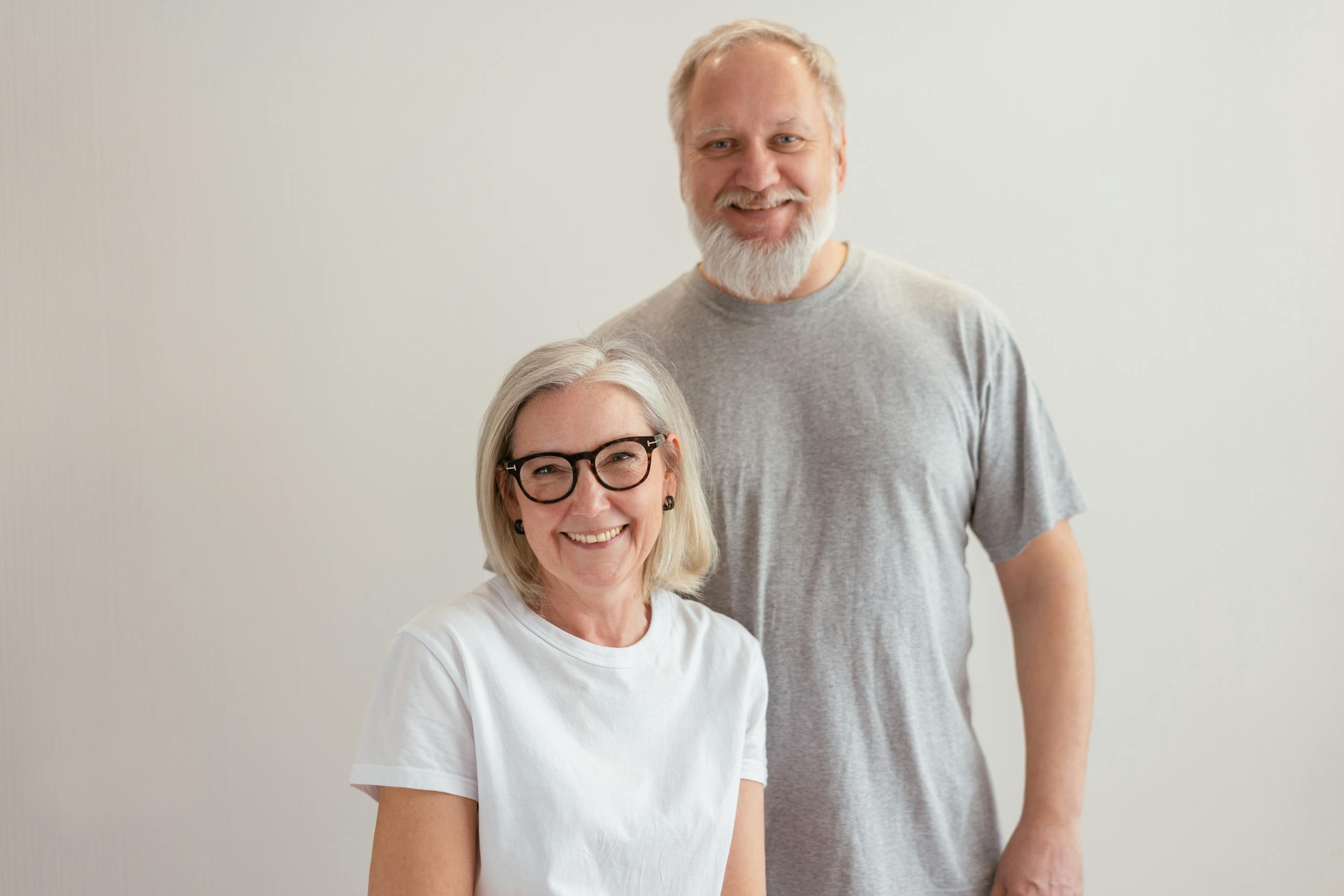
A fascinating new study has uncovered a hidden factor that seems to drive the aging process in the brain, with ripple effects throughout the entire body. Researchers have zeroed in on a protein called Menin, which plays a protective role in the hypothalamus—a brain region that helps regulate metabolism, hormones, and overall body balance. When Menin levels decline with age, inflammation rises, neurotransmitter production drops, and signs of aging accelerate.
By either restoring Menin or supplementing with the amino acid D-serine, scientists were able to reverse memory loss, improve learning ability, boost bone density, and even restore skin thickness in older mice.
This research, published in PLOS Biology in 2023, positions Menin as a potential master regulator of aging. While these findings are still limited to animal models, they open an exciting avenue for possible human therapies in the future. Let’s break down the details step by step.
The Hypothalamus: The Brain’s Aging Control Center
The hypothalamus sits just above the pituitary gland at the base of the brain. Despite its small size, it controls a huge range of body functions: sleep cycles, energy balance, fluid intake, stress responses, reproduction, and even body temperature. Importantly, it’s also increasingly recognized as a central regulator of aging.

As organisms age, inflammation in the hypothalamus tends to rise, setting off a chain reaction that contributes to memory loss, reduced physical resilience, and systemic health decline. Until now, the exact molecular switches behind this process weren’t well understood. The discovery of Menin’s role fills in an important piece of that puzzle.
Menin: A Brake on Brain Inflammation
Menin is a protein already known for its involvement in gene regulation and tumor suppression. In this new research, scientists found that Menin is especially critical in neurons of the hypothalamus, where it helps keep inflammation in check.
The team discovered that Menin levels naturally decline with age, but in a very specific way. In mice, Menin was lost primarily in ventromedial hypothalamus (VMH) neurons, while other cell types like astrocytes and microglia kept their Menin levels stable. This selective drop in neurons seems to unleash harmful inflammatory processes.
To test its importance, the researchers engineered mice in which Menin could be deliberately switched off in VMH neurons. The results were striking:
- Accelerated hypothalamic inflammation
- Loss of bone density and skin thickness
- Cognitive decline, including memory deficits
- Weakened muscle fibers and tendons
- Shortened lifespan
In other words, simply removing Menin from this specific part of the brain was enough to mimic many hallmarks of aging.
The Menin–D-Serine Connection
Another major discovery was the link between Menin and D-serine, an amino acid that also acts as a neurotransmitter in the brain. D-serine is crucial for communication between neurons, especially in the hippocampus—the brain’s learning and memory hub.
The researchers found that when Menin levels dropped, D-serine levels also declined. This was traced to reduced activity of an enzyme called PHGDH, which is necessary for D-serine production and is itself regulated by Menin. Without enough D-serine, hippocampal function suffered, leading to poor memory and learning.
This connection points to a clear mechanism:
- Menin keeps D-serine production running
- D-serine supports synaptic plasticity and memory formation
- Loss of Menin → reduced D-serine → impaired cognition
Reversing Aging in Mice with Menin
Armed with this knowledge, the scientists asked a bold question: could restoring Menin reverse aging?
To test it, they delivered the Menin gene directly into the hypothalamus of aged mice (around 20 months old, which is late-life for a mouse). After just 30 days, the results were remarkable:
- Improved skin thickness
- Increased bone mass
- Better muscle and tendon strength
- Reduced inflammation in the hypothalamus
- Enhanced learning, memory, and balance
- Higher D-serine levels in the hippocampus
Even more striking, these mice lived longer than untreated controls. For the first time, researchers had shown that replenishing Menin in a specific brain region could extend lifespan and roll back multiple aspects of aging.
D-Serine Supplementation as an Alternative
Gene therapy isn’t an easy path for human treatments, so the team also tested whether simply giving D-serine as a supplement could help. They added it to the diet of old mice for three weeks. The outcome:
- Memory and learning improved significantly
- However, peripheral signs of aging (like bone density and skin thickness) were not reversed in this short timeframe
This suggests that D-serine alone may not be enough to replicate the full systemic benefits of Menin restoration. Still, as an amino acid already present in foods like soybeans, eggs, fish, and nuts, it’s a promising candidate for future research into safe supplementation strategies.
Why This Study Matters
This study highlights a powerful concept: aging is not just a passive process of wear and tear—it is actively regulated by molecular switches in the brain.
- Menin appears to act as one such switch, linking genetic regulation, inflammation, metabolism, and neurotransmitter balance.
- Its decline sets off a cascade of dysfunction that accelerates both cognitive and physical decline.
- Reversing Menin loss—at least in mice—can restore youthful traits and extend lifespan.
These insights could one day lead to therapies that slow aging or reduce age-related diseases in humans.
Challenges and Open Questions
Despite the exciting results, there are many hurdles before this can be applied to humans:
- Mouse vs. human biology: Not all interventions that work in rodents translate to people.
- Gene delivery: The researchers used viral vectors to restore Menin in mouse brains. Safe and precise methods for humans remain a major challenge.
- Partial rescue by D-serine: While supplementation helped cognition, it didn’t fully replicate the systemic anti-aging effects of Menin restoration.
- Unanswered causes: Why does Menin decline in neurons with age in the first place? Is it due to genetics, environment, or metabolic stress?
- Safety concerns: Long-term effects of boosting Menin or D-serine remain unknown. Too much neurotransmitter activity, for instance, could cause imbalances or unintended side effects.
Extra Insight: What Is D-Serine?
Since D-serine plays such a central role in this research, here’s a bit more about it.
- D-serine is one of the two forms of the amino acid serine (the “D” form is less common than the “L” form used in protein building).
- In the brain, it functions as a co-agonist of NMDA receptors, which are crucial for learning, memory, and synaptic plasticity.
- Low levels of D-serine have been linked to cognitive decline in both animals and humans.
- It’s found naturally in some foods, and small-scale studies have even tested it as a supplement for conditions like schizophrenia.
In the context of aging, this study strengthens the idea that declining D-serine could be one of the molecular signatures of cognitive aging.
Extra Insight: The Hypothalamus and Longevity
The hypothalamus has been a growing focus in longevity research. Past studies have shown that hypothalamic inflammation rises with age and contributes to reduced tissue repair, metabolism problems, and hormonal imbalance.
Other proteins and pathways studied in the hypothalamus include:
- mTOR signaling, which links nutrient sensing to aging
- Sirtuins, proteins involved in metabolic regulation and stress resistance
- NF-κB pathway, a key player in inflammation
Menin now joins this list as another major regulator, possibly acting as a bridge between genetic factors and age-related inflammation.
Final Thoughts
The discovery of Menin’s role in aging is a major step forward in understanding how the brain controls the pace of decline across the whole body. The fact that restoring Menin in the hypothalamus extended lifespan and rejuvenated multiple tissues in mice shows just how powerful this mechanism is.
While we’re far from applying this directly in humans, the study opens doors to new possibilities. Could boosting Menin or supplementing D-serine delay cognitive decline in older adults? Could it slow osteoporosis or frailty? These are exciting questions that researchers will be exploring in the years ahead.
For now, the message is clear: aging is not fixed—it can be influenced, slowed, and even partly reversed, at least in animal models. Understanding these molecular drivers is the first step toward future therapies.
Reference: Hypothalamic Menin regulates systemic aging and cognitive decline – PLOS Biology, 2023

